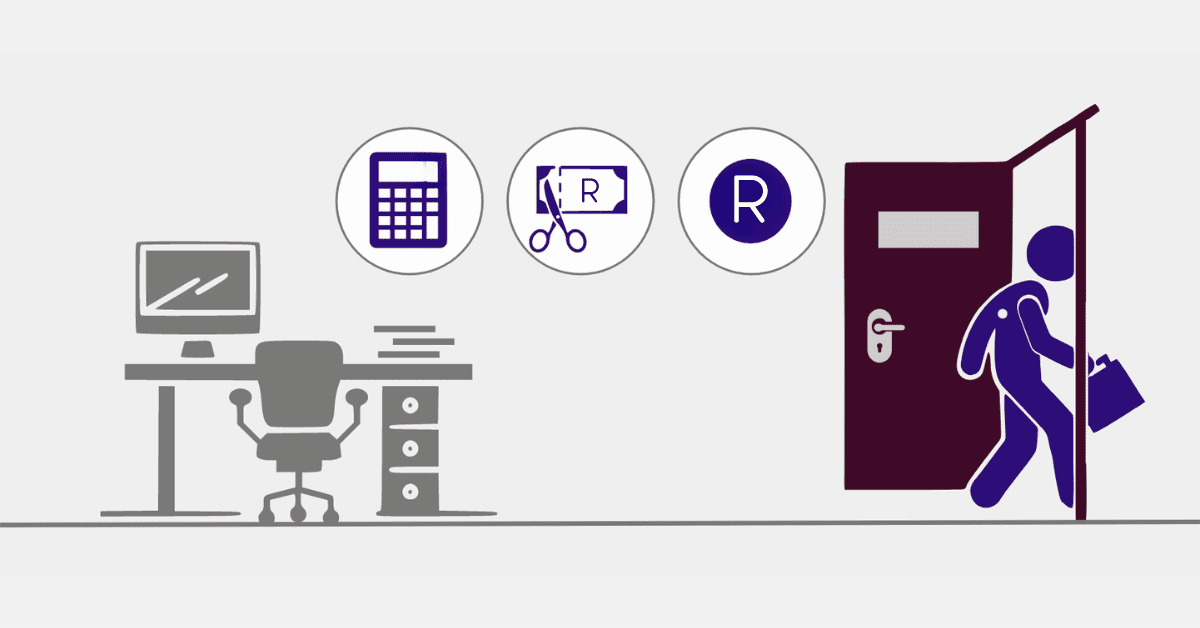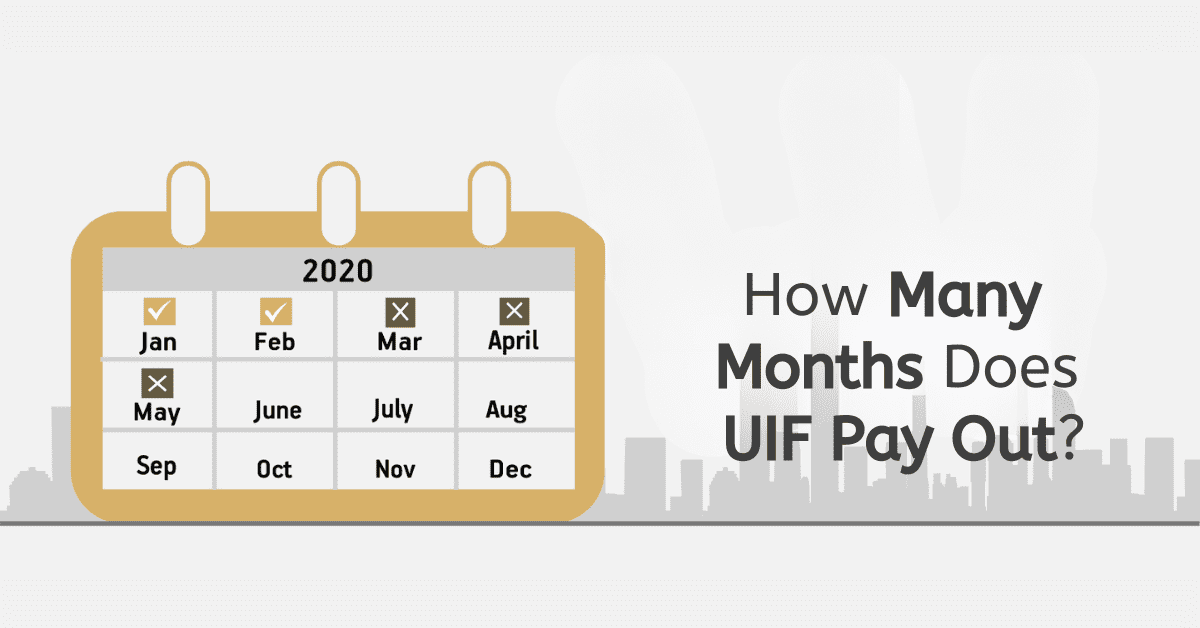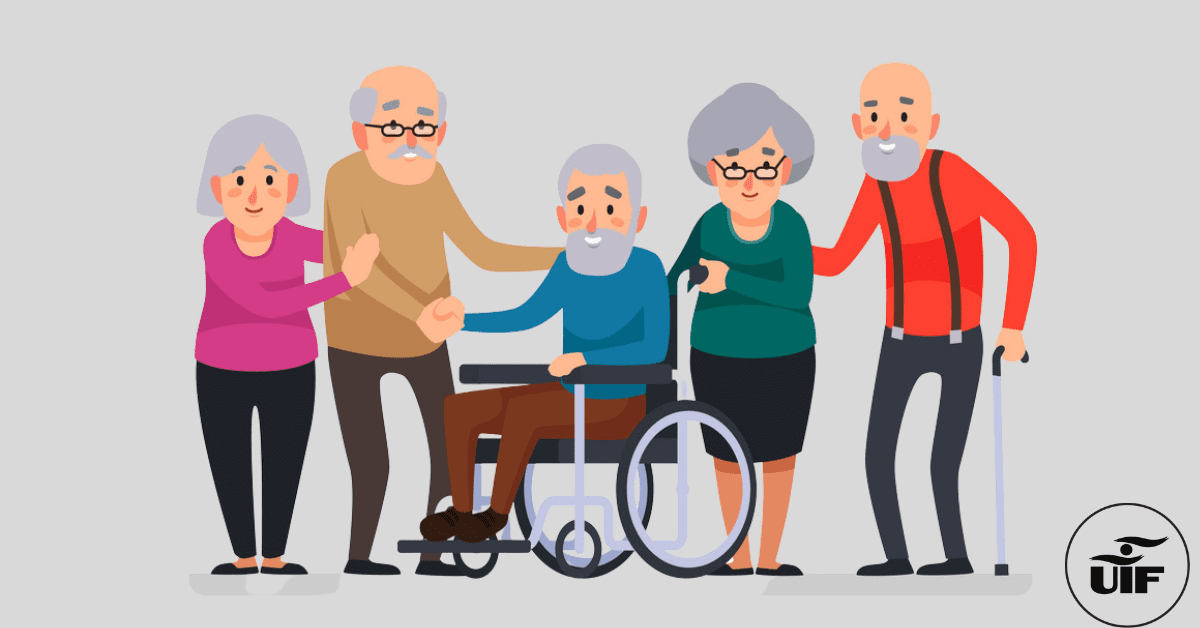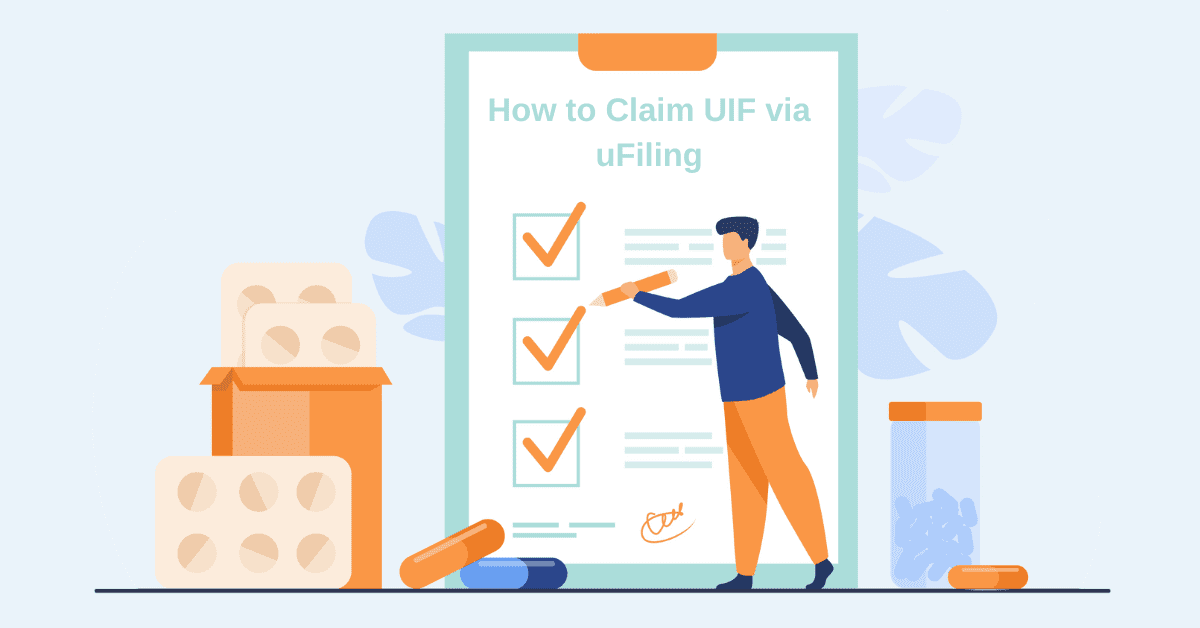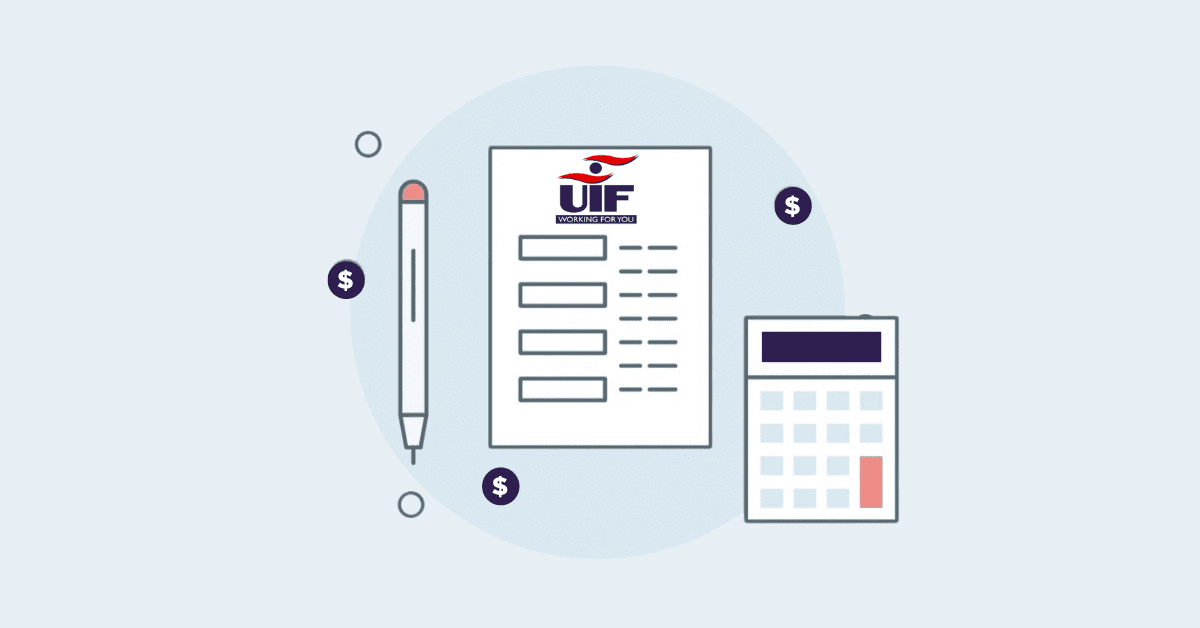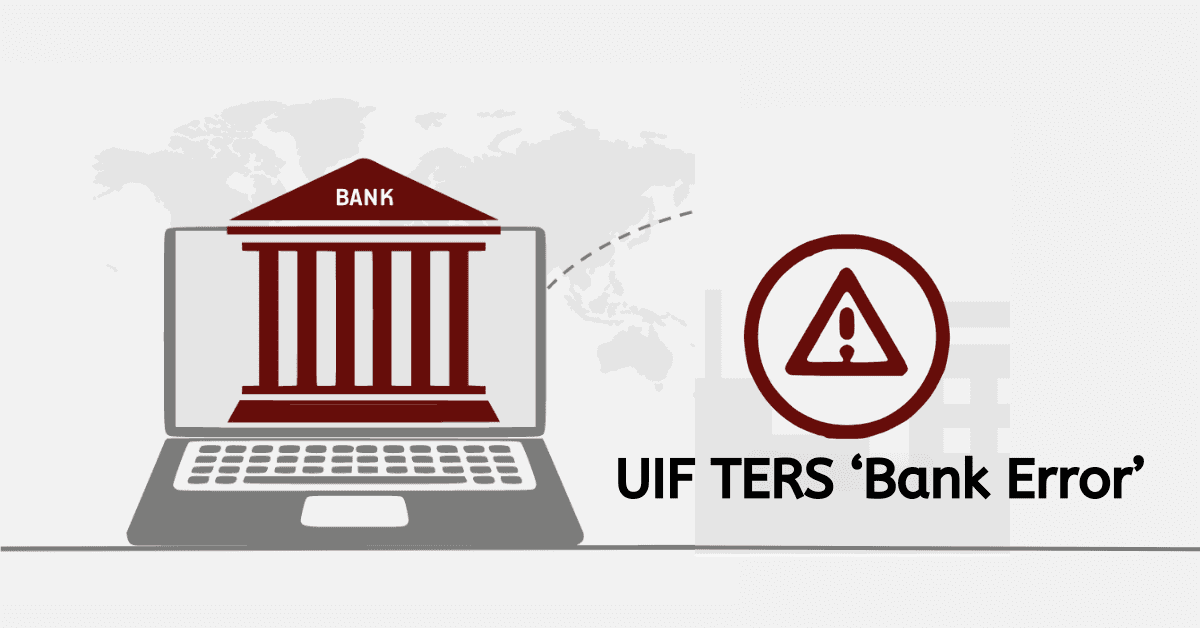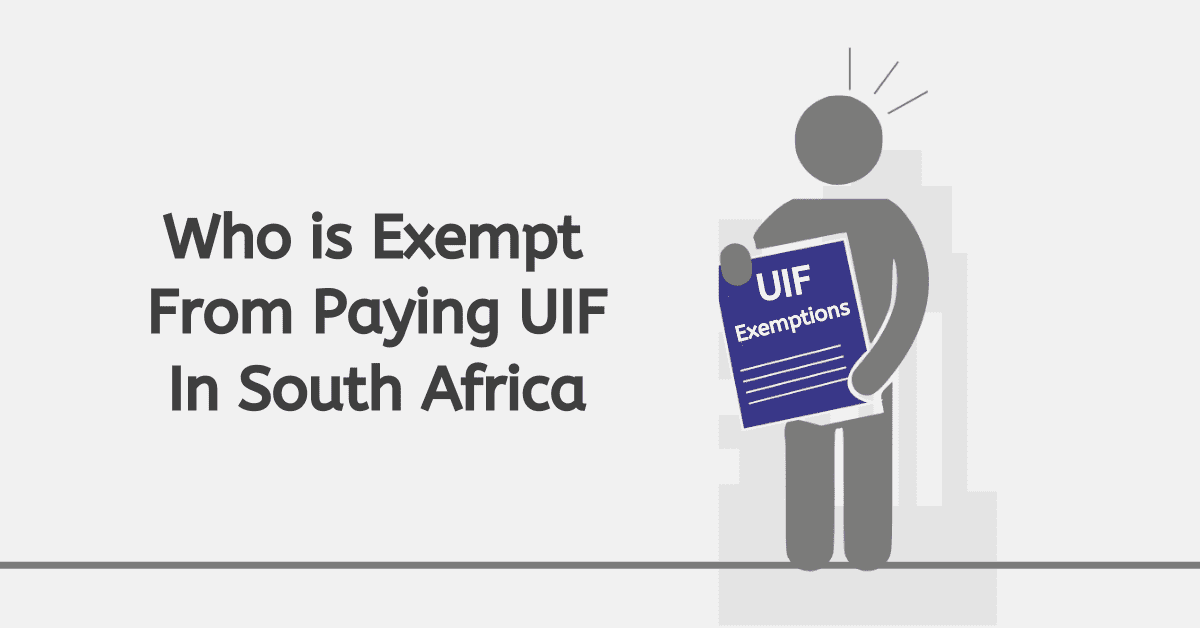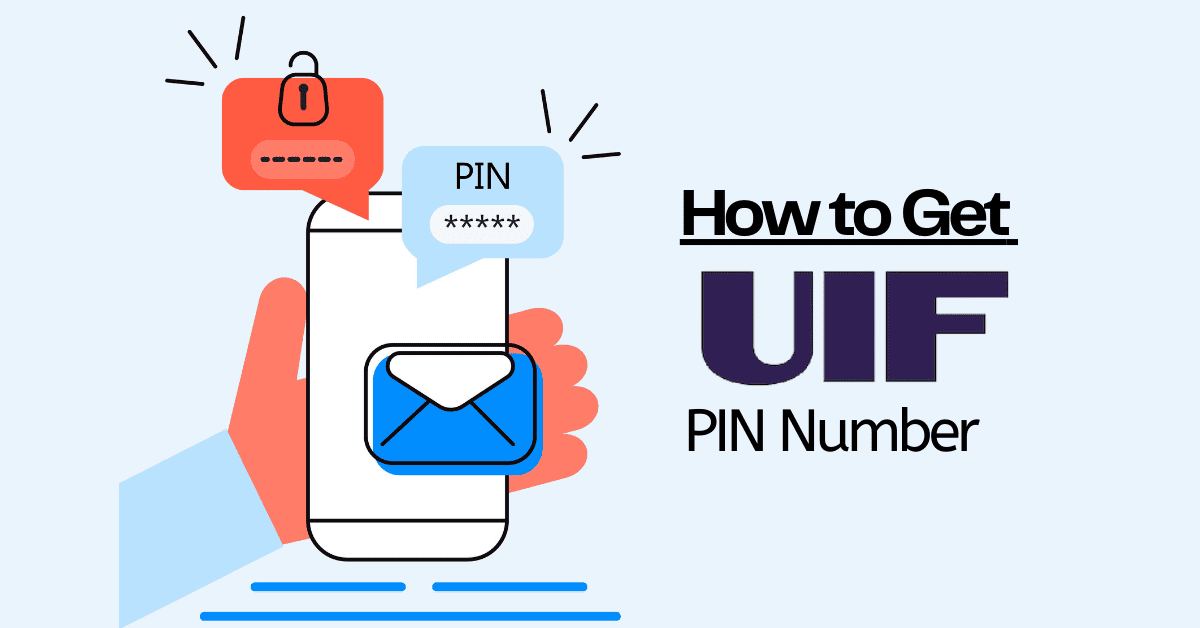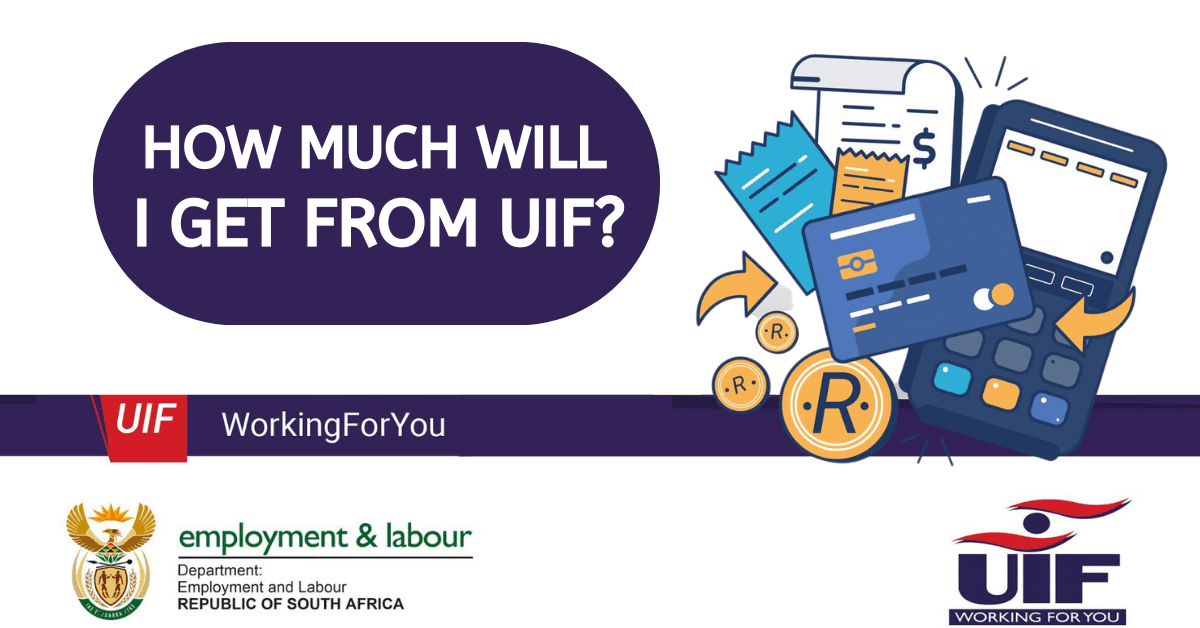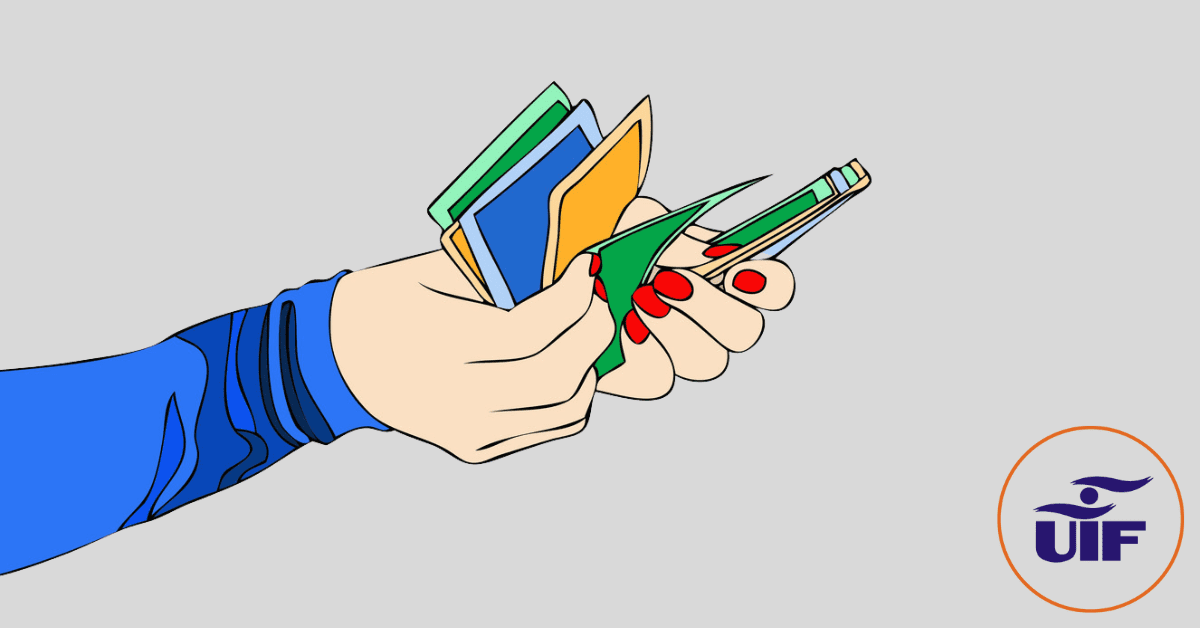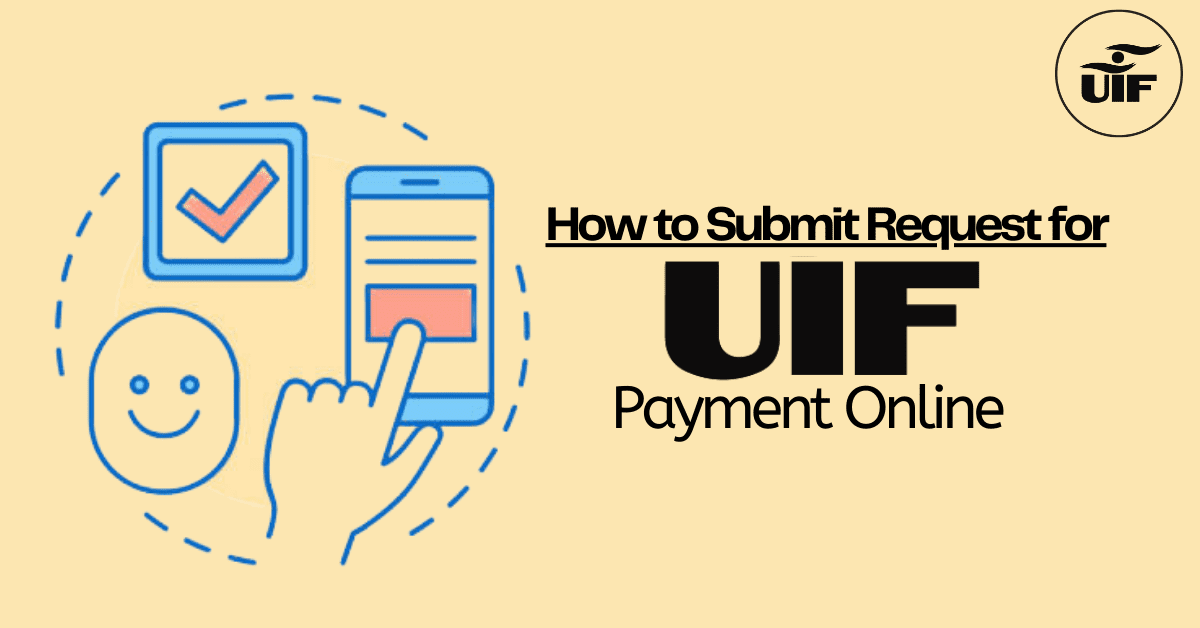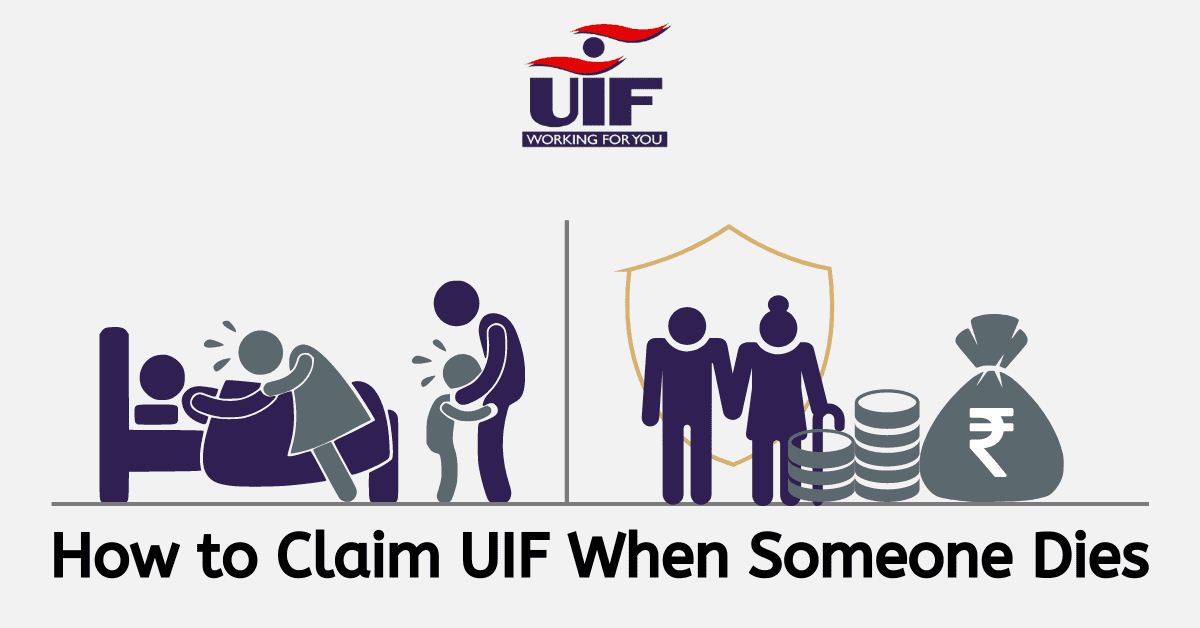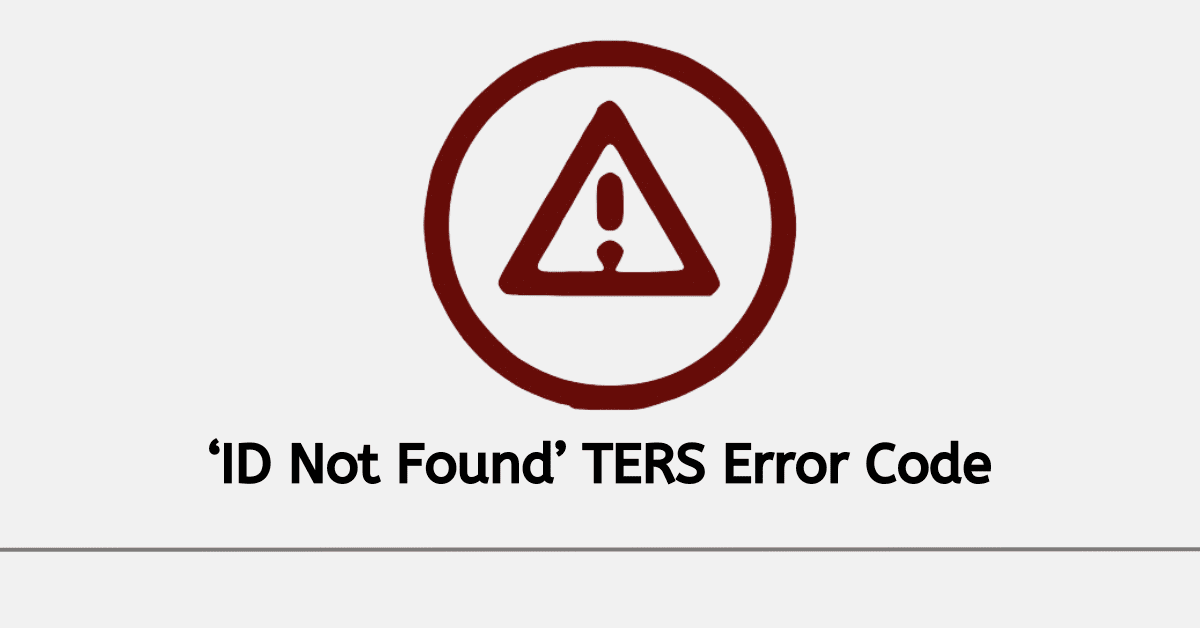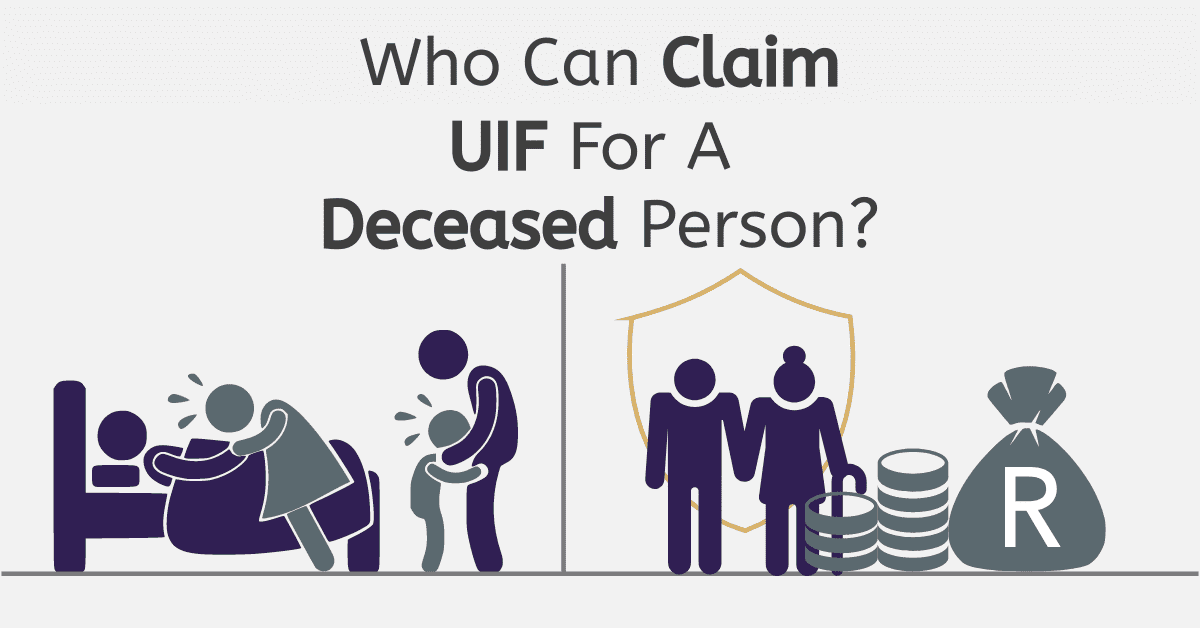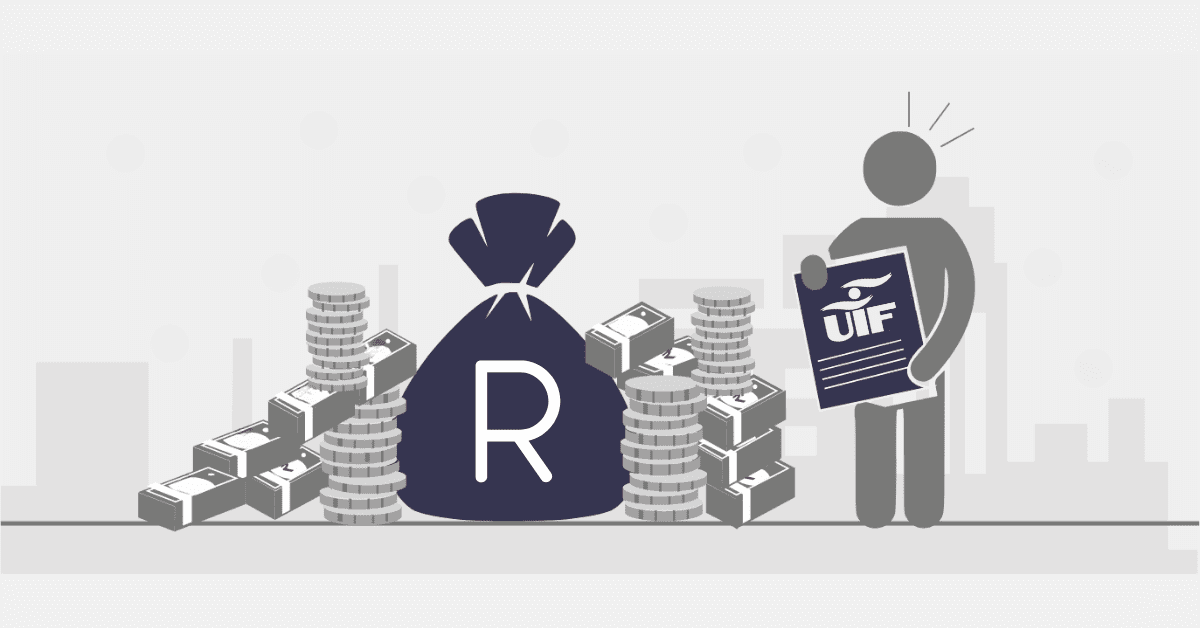UIF acts as an economic cushion that mitigates many of the country’s economic woes by providing short-term relief to unemployed persons previously registered with the scheme.
This article seeks to address the shortfall in information regarding the fund by exploring how many times you can claim with the UIF.
How many times can you claim UIF?
You also must have registered as a work seeker at your local labour centre and apply for UIF benefits as soon as you become unemployed or within six months from the date your employment was terminated.
You can only claim UIF once for each job that you were registered to the fund for, should the termination of employment meet the scheme’s qualifying criteria.
The UIF can be claimed for 12 months on the condition that you have full credit days.
Credits accrued in the following manner: for every four days that you work as a contributor, you receive one day’s credit, subject to a maximum of 12 months.
To qualify for the full credit days, you must have worked as a contributor for more than four years.
Thus, although there is no limit to how many times you can claim from the UIF as an employee in their legislation.
You cannot claim more than once whilst employed by the same company, with the exception of work reduction compensation.
You also must have been registered for UIF benefits, as well as having worked at the said company for a total of four years, to qualify for full UIF benefit payouts.
What is the maximum UIF you can claim?
UIF payouts are calculated on a sliding scale prescribed in its legislature and set by the Department of Labour and Development.
The amounts paid will amount to a percentage of an employee’s salary, according to the legislated sliding scale that starts at 38% (highest earners) to 60% for those at the lower end of the spectrum.
The maximum you will get is R6 730 a month. The sliding scale stops at R17 702-all workers earning more than this will only get the 38% maximum benefit (R6 703).
The minimum amount will not be below the minimum wage, which is around R3 500.
A notice also appeared on the official website of the South African Revenue Services regarding the UIF that stated:
“That from the 1st of June 2021, the maximum earnings ceiling was R17 712 per month or R212 544 annually.
For employees who earn more than this amount, the contribution is calculated using the maximum earnings ceiling amount.
Therefore the maximum contribution which can be deducted for employees who earn more than R17 712 per month is R177,12 per month.”
Can you claim UIF twice in a year?
If you have been contributing to the fund for a period of four years or more, then according to the fund’s guidelines, you are eligible to claim for up to 238 days.
If your contributions have been ongoing for a shorter period of time, then you can claim 1 day for every 6 days that you worked while you were contributing to the fund.
Should circumstances require that you take maternity leave, you can only claim up to 121 days.
The insurance scheme pays a percentage of the wage/salary that you earned while you were contributing to the fund.
The highest amount that can be paid is 58% of what you earn per day, according to the UIF’s guidelines.
How long after claiming UIF can you claim again?
Claiming again after having already made a claim with the UIF is contingent on a number of factors to be successful.
Chief amongst them being the conditions under which your first successful claim was made.
In most cases, people claim from the UIF when they are laid off from work due to financial difficulties at the company or are unable to work due to maternity, adoption, parental leave, or illness.
If you are laid off from work by your employer and didn’t resign or abscond.
You would be eligible to claim full benefits after having worked for four years as someone who contributes to the fund.
You can claim even if you have worked at one job for less than one year, but your payout will accrue at half of your daily pay, at one day paid for every six days worked.
With this information in mind, you can lodge a successful UIF claim that will provide adequate short-term relief every four years at a different company.
You can apply for benefits in the event of maternity, adoption, parental, or illness leave.
But your remuneration will be based on the UIF’s credit score, similar to that enforced when a job is lost.
This means you will have to wait for a period of four years between illness or maternity leave to claim full benefits from the UIF.
